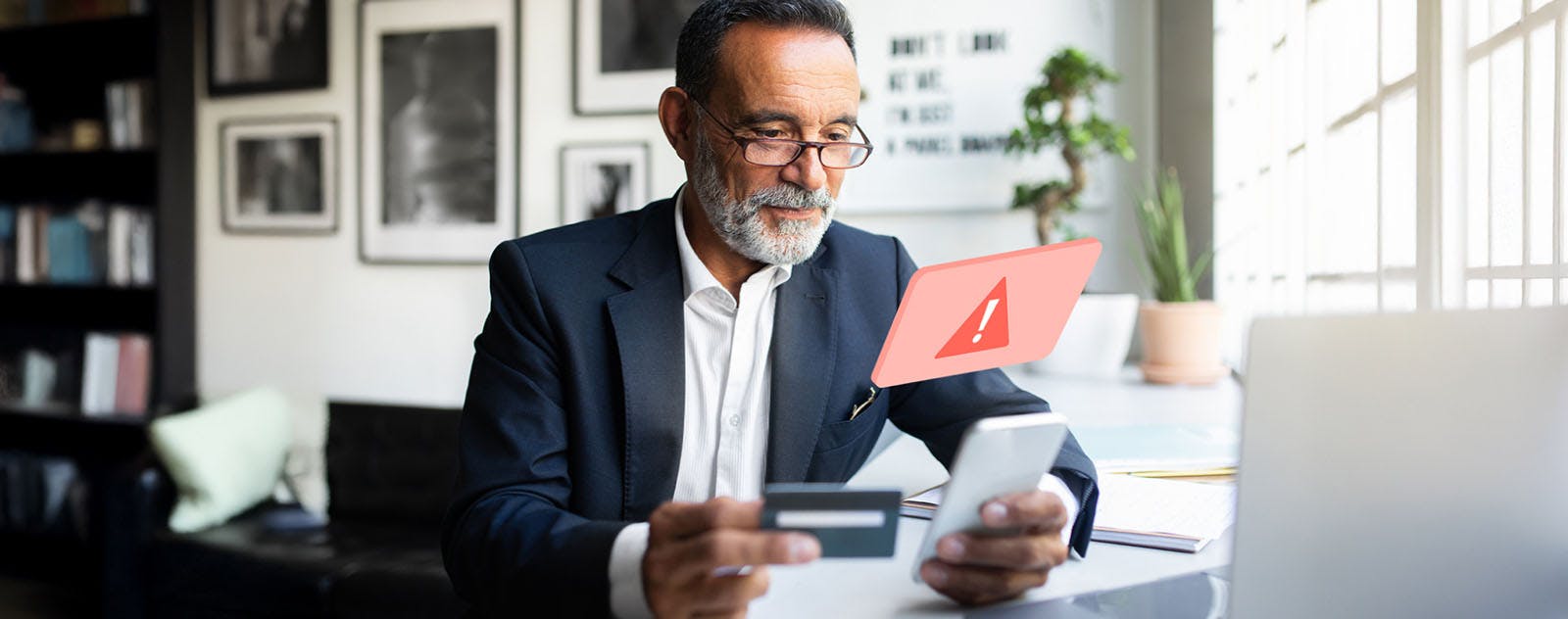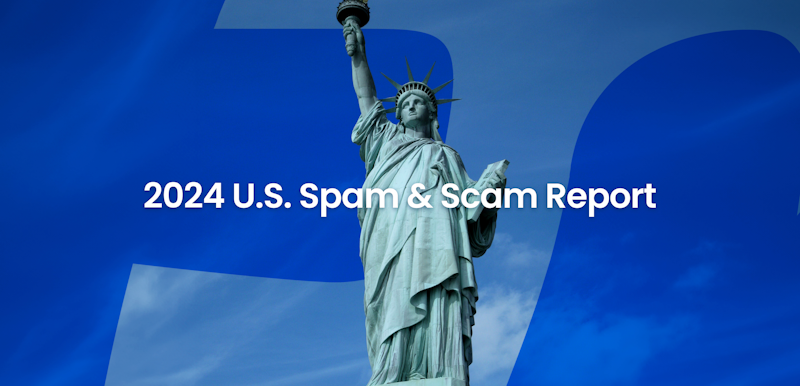
Stay One Step Ahead: Spotting and Avoiding Bank Scams
Mariana Raymond
Dec 12, 20243 min read
Scammers are getting smarter, and their tricks are becoming harder to spot. Whether it’s a fake call from your bank, a convincing text, or a cheque scam, their goal is always the same - to steal your money and personal information. The good news? You can outsmart them by knowing the warning signs and understanding how these scams work.
In this blog, we’ll break down common bank scams.
- ‘Suspicious Activity on Your Account’ Scam
You might get a call or text from someone claiming to be from your bank. They’ll tell you your account has been frozen due to suspicious activity and ask for your banking details to "confirm your identity" or "resolve the problem."
These scammers are trying to steal your information and money. They can even make their phone number look like it’s your bank’s number using spoofing technology. - ‘Payment Attempted’ Scam
You get a message or call from “your bank” saying someone tried to make a payment from your account. The message will tell you to click on a link if it wasn’t you. Clicking on the link takes you to a fake website that asks for your banking details, which scammers then use to steal from you. - Loan Fee Fraud
This scam preys on people looking for loans. A "loan provider" contacts you saying your loan is approved but requires an upfront fee before they can release the funds. You pay the fee, but the loan never arrives. - Fake Cheque Scams
Fake cheque scams can happen in a couple of ways, and all are designed to trick you into losing money.
- Overpayment Scam
If you’re selling something, a buyer might pay with a cheque for more than the price of the item. They’ll tell you the extra amount was a mistake and ask you to send the "extra money" back to them through a bank transfer or cash. At first, the cheque seems to clear, but later it bounces because it’s fake or stolen. By then, you’ve already sent them the extra money, and you can’t get it back—leaving you without money and your item. - Cheque Cashing Scam
Someone might approach you asking for help to cash a cheque because they claim they don’t have a bank account. They might promise you a reward for helping. However, the cheque they give you is fake. When the bank finds out, they take the money back from your account, and you’re left responsible for the entire amount.
How to protect yourself:
- Don’t click on links in texts or emails without checking directly with your bank first. Use the bank's official channels to verify anything suspicious.
- Remember, your bank will never ask for your bank details, PINs, passwords, or sensitive information over the phone, email or text. If someone asks, hang up immediately.
- Be suspicious of unsolicited loan offers, especially if you are asked to pay any fee upfront.
- Use Truecaller- a caller ID and scam blocking app. Truecaller helps you identify unknown calls and messages, allowing you to block scam attempts proactively.
At Truecaller we have made it our mission to build trust in communication. We do our best to help you navigate a world where fraud and unwanted communication are a part of your daily life.
Stay updated about recent scams, and watch the latest YouTube videos on how you and the 425 million-strong community of people using Truecaller every month can stay protected. You'll find us on X, Facebook, Instagram, and TikTok.

Mariana Raymond
Dec 12, 20243 min read
Scam Alert

